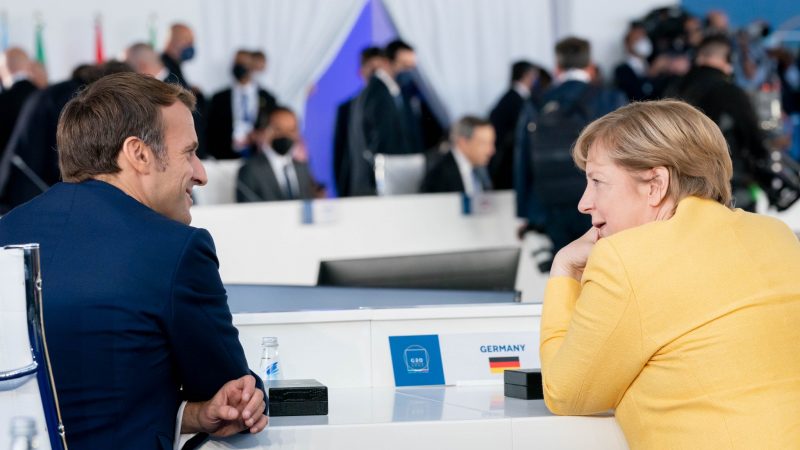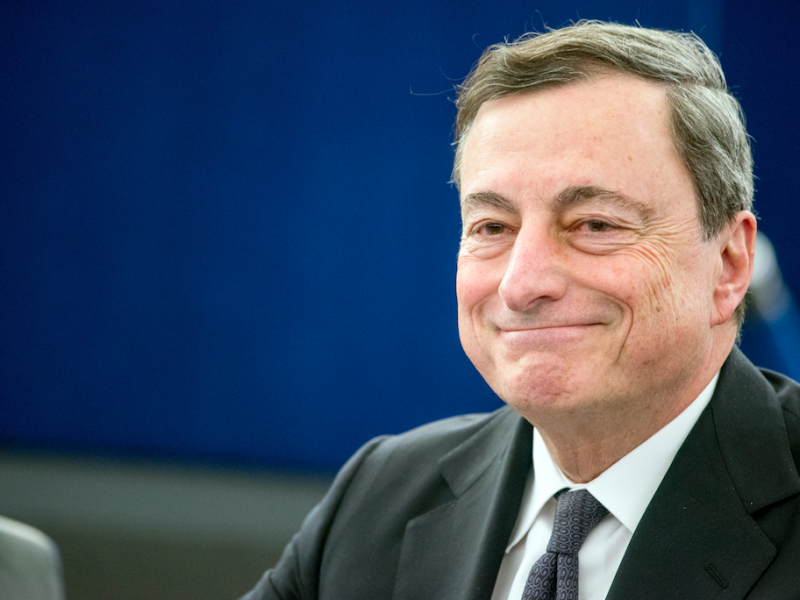Leaders of the world’s richest countries have agreed on the need to halt climate warming rapidly. However, the G20 summit declaration lacked ambitious commitments.
The leaders of the G20 – they account for 80% of global GDP and 80%. Greenhouse gas emissions – reached an agreement in which they expressed their willingness to make efforts to stop global warming.
The summit’s final document stated that participants had set a target for global warming of a maximum of 1.5°C compared to pre-industrial levels.
The current warming is estimated at 1.1 degrees compared to the pre-industrial era. The declaration of the two-day summit in Rome stipulated that global warming – and greenhouse gas emissions – would stop “in the middle of the twenty-first century”.
This means a departure from the date – 2050 – set, for example, in 2015 by the Paris climate agreement, according to which the global long-term goal became climate neutrality by 2050.
The Rome Declaration contains no significant commitments – as Reuters wrote, the agreement was reached after stormy debate and opposition from coal-dependent countries, including Turkey and Russia – to reverse the negative trend in global warming.
However, the richest heads of the 19 largest and most environmentally harmful economies in the world and the European Union have announced that they will end funding for new coal mines by the end of this year. However, there is no mention of any obligation in the agreement to limit the construction of new coal-fired power plants in their countries. This is especially important for China and India, whose economies depend on burning coal.
G20 Prelude to COP26 in Glasgow?
Negotiations on climate change were the most sensitive part of the two-day summit in Rome and, according to experts, are a harbinger of difficult talks during the COP26 climate summit in Glasgow, which began yesterday (October 31).
Several leaders from the Eternal City will now relocate to Scotland to participate in the agreement on global climate efforts.
Prime Minister of Italy Mario Draghi On Sunday, he stressed that there are divergent views of the G20 on how quickly to take action and at what speed to change course, but the different positions, he noted, should not “reduce ambition.”
In addition to the topic of their climate ambitions, the leaders reaffirmed the commitment to allocate $100 billion in 2020-2025 (yet unfulfilled) to the Climate Fund and to support developing countries, including accelerating technology transfer.
In addition, the latest communiqué stressed the need to take further steps to protect the climate in this decade. They include reducing one of the major factors of global warming – methane.
“We are committed to significantly reducing our collective emissions of greenhouse gases, taking into account national conditions and respecting our national obligations,” the statement read.
It recognizes that “methane emissions contribute significantly to climate change and we stress that, given the situation prevailing in countries, reducing it can be one of the fastest, most feasible and economical ways to reduce it.” In keeping with the logic of such statements, however, there were no details.
The meeting’s host, Mario Draghi, welcomed at the closing press conference that just a few days ago, the leadership positions were “a lot farther apart”.
“This is a success because we (…) are committed to more initiatives, money and pledges to reduce.” In turn, the Secretary-General of the United Nations Antonio Guterres He admitted that he was leaving Rome “with unsatisfied hopes but not fully buried”.
Franco-British conflict
The second day of the summit – as was Saturday – became an occasion for bilateral meetings of heads of state. One was a 30-minute conversation between the Prime Minister of Great Britain and the President of France. It was intended to clarify the growing controversies over fishing rights following Britain’s exit from the European Union in recent days.
According to French officials, the two politicians agreed to work together in the “next hours and days” to find a solution. However, after the meeting, the speaker said Boris Johnson He said no steps had been agreed upon.
Instead, a statement from the prime minister’s office said it “reiterated its deep concern about rhetoric from the French government in recent days, including the French prime minister’s suggestion that Britain should be punished for leaving the European Union.”
more information:







